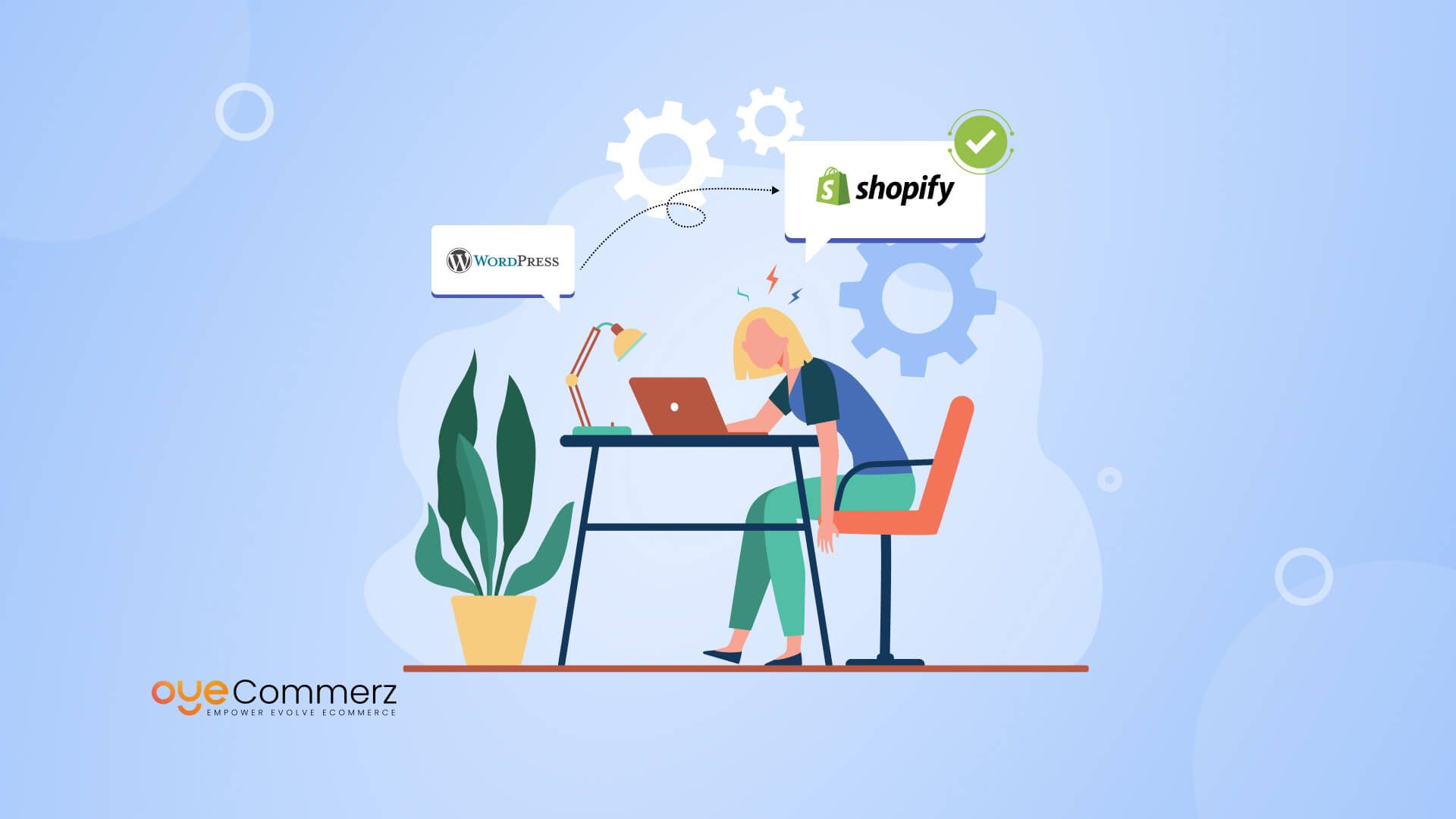In the constantly changing landscape of digital commerce, selecting the optimal solution is vital for your brand’s success. If you’re at the moment using WordPress and planning a migration to an alternative, you’re not the only one. Countless businesses are making this transition to leverage Shopify’s robust tools, ease of use, and scalability. This guide will take you through the process of migrating from WordPress to this platform smoothly, making sure that you realize your eCommerce potential.
Why Switch from WordPress to Shopify?
Before exploring the migration procedure, it’s crucial to understand why this transition can be helpful for your digital storefront:
Intuitive Design: Shopify features an user-friendly interface that streamlines store management, allowing for non-technical users.
Growth Potential: As your company expands, Shopify can support increased traffic and transactions without compromising efficiency.
Built-in Tools: Shopify provides built-in tools for search engine optimization, analytics, payment management, and much more, minimizing the necessity for numerous plugins.
Enhanced Security: With Shopify, you benefit from advanced security protocols that secure confidential customer data.
Steps for a Smooth Migration
Migrating your eCommerce site from WordPress to Shopify includes multiple steps.
Here’s steps to ensure a smooth transition:
Plan Your Migration Plan
Start by drafting your migration blueprint. Identify which components of your existing site you wish to migrate, such as:
Inventory information
Client data
Transaction records
Posts
Select the Right Migration Option
Based on your needs, opt for a migration plan that suits your store. Professional services delivers several options:
Entry-Level Plan: Perfect for compact stores with fewer products.
Regular Option: Suitable for growing businesses with intermediate requirements.
Comprehensive Solution: Best for larger stores requiring extensive customization.
Secure Your Data
Prior to initiating the migration, guarantee that you have a full archive of your WordPress site. This task is essential in case anything goes awry during the migration.
Extract Your Data from WordPress
Leverage tools or custom scripts to extract essential information from your WP site:
Items
Customers
Sales records
Blog posts
Import Information into Shopify
After you have your data extracted, utilize Shopify’s built-in features or external apps to upload your content into your new store. Verify that all information is properly organized and aligned.
Adapt Your Shopify Platform
Once importing data, customize your Shopify platform’s theme to align with your style. Think about hiring a developer if you need Shopify professional support advanced customization.
Establish TransactionOptions and Logistics
Set up billing solutions and shipping settings in Shopify to ensure a user-friendly checkout experience for customers.
Adopt SEO Guidelines
To keep your SEO performance during the transition:
Set up 301 redirects from old URLs to updated ones.
Refresh meta tags.
Adjust images and text for SEO.
Review Your New Shop
Ahead of launching, completely check your new site. Check for any discrepancies, payment switching from WordPress to Shopify processing issues, or missing data.
Go Live Your Site
When everything is in place, it’s the opportunity to launch! Inform the transition to your clients and motivate them to discover the new features of your Shopify store.
Post-Migration Support
Even after launching your updated store, continued support is essential. Explore partnering with service providers who can guide with:
Site maintenance
Customer engagement
Performance optimization
Conclusion
Migrating from WP to this platform can be a game-changing step for your eCommerce. By using this guide and utilizing professional services like those offered by dedicated providers, you can guarantee a effortless transition that enhances your online presence. Accept the shift and discover the full capabilities of Shopify today!
